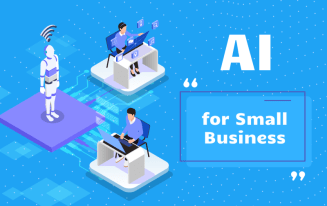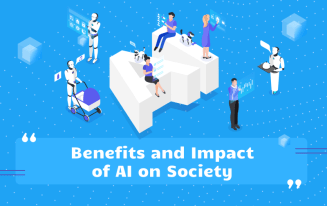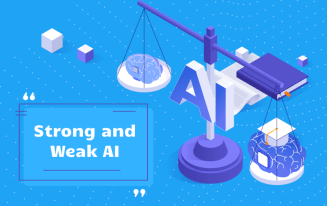Ensuring Data Privacy and Security with AImReply's AI-Powered Email Automation
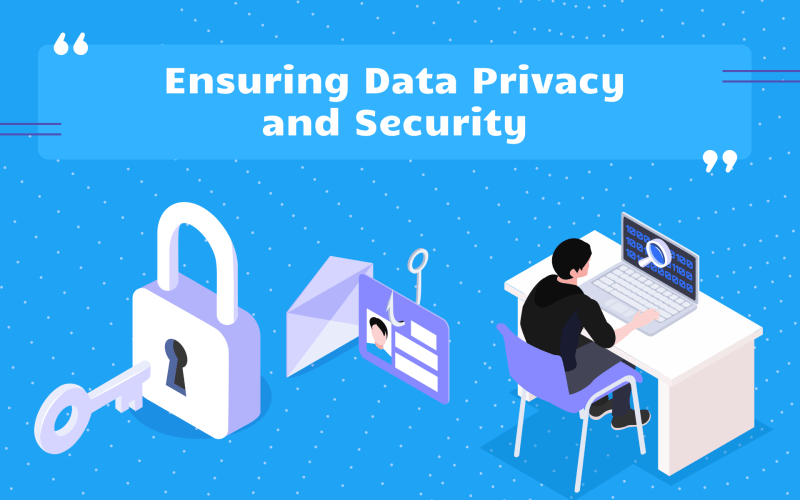
Data is an extremely valuable digital asset for companies across the globe trying to analyze consumer behavior, predict trends, and make important decisions. The organization or government entity that can successfully use data will have the ability to generate millions of dollars in additional revenue or organizational benefit. The race to understanding and interpreting billions of data points will require the power of new emerging technologies. One of the most promising in the space is artificial intelligence (AI).

Employ the full range of AI advantages with AImReply and express your thoughts faultlessly in every email.
Table of Content
AI has the ability to crunch numbers and spot micro-trends that are impossible for a human analyst. As tempting as it might be, many companies are doing everything in their power to use AI to its fullest capabilities despite many security concerns. The challenge with unbridled AI use is that human operators can quickly lose control over the security of data in the AI’s possession. This opens the door to criminals, hackers, and scam artists who want to exploit massive AI data repositories to their advantage.
There is a growing concern around the safe use of AI when processing data. Privacy and security are quickly becoming the number one priority for consumers who want to avoid serious financial consequences that come with losing control of private, sensitive information. Stephane Nappo, Global Head of Information Security for Société Générale International Banking, said it best. "The digital evolution must no longer be offered to a customer in a trade-off between privacy and security. Privacy is not for sale; it's a valuable asset to protect.”
It's critical for companies that leverage AI to find a balance between technological advancement and protecting the rights of their consumers.

What is the Current Sentiment Around Data Privacy and Security?
It seems like every few months, a new high-profile data breach is making the news. These events make consumers wary of who has access to their data and how it’s being used. Since most of our lives happen on computers and over the internet, the risk has never been greater when it comes to data security.
The company Tableau decided to survey consumers to see how they felt about their data being used by companies. The results were clear. The majority of consumers (over 60%) believed that companies need to provide more transparency allowing consumers to understand how their data will be used. Knowing this, consumers can have the peace of mind that companies are being responsible for their private information. Most importantly, consumers (over half according to the survey) aren’t afraid to take action to boycott a company that doesn’t meet their privacy requirements.
For the average consumer, keeping track of what personal data lives online can seem like a daunting task. Consumers want the safety and security of knowing the businesses they share data with are going to handle it responsibly. For this reason, millions of consumers are flocking to trustworthy businesses that are transparent about their data security processes and provide enhanced security protocols.
Ensuring Data Privacy and Security Through Anonymization
At AImReply, keeping our users’ data secure and private is our top priority. Fortunately, our team of engineers has solved this problem by partnering with Open AI, the leader in AI technology and the company responsible for the creation of ChatGPT, to develop a secure platform and sophisticated data security protocol. Additionally, our AI email generator ensures that communication remains confidential and protected, whether it's an email to potential employer or a message to coworkers discussing sensitive information.
One of the best ways to protect the security and privacy of user data is by implementing an anonymization process. During this process, our system scans user inputs to identify potentially sensitive or private information. The program then removes this information before it is transmitted to Open AI for processing. As a result, this prevents the AI from getting access to the data in the first place. Without access to this information, it would be impossible for hackers or cybercriminals to gain any advantage. Without the private information, the data stored in the system is practically useless to criminals.
AImReply also believes that adherence to government and industry regulations is critical to protecting our users’ data. We’re committed to aligning our data security processes with the most stringent of GDPR guidelines.
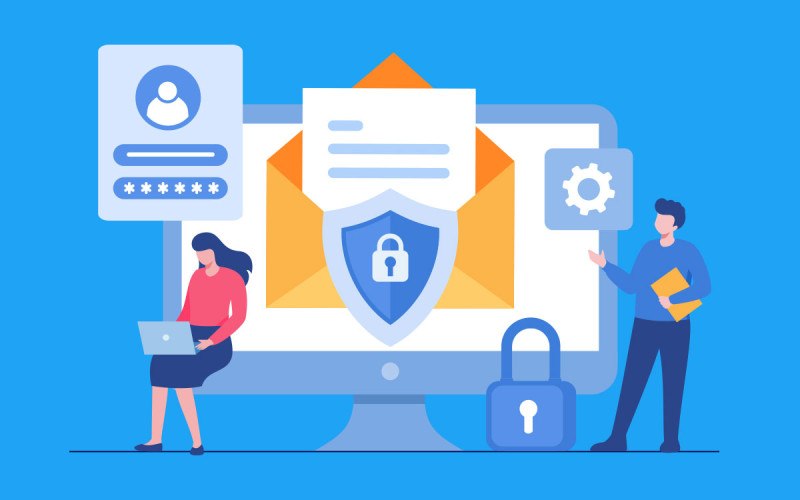
Keeping Data Secure in an AI World
Consumers will continue to have a lot of doubt and uncertainty when it comes to AI and data security. The technology isn’t fully understood by the masses. However, AImReply is dedicated to worrying about your privacy and security so you don’t have to. As technology evolves, companies, organizations, and governments need to work diligently to responsibly deploy these tools. Job offers in the field of data security are increasing, reflecting the growing demand for skilled professionals in this area. It’s important that each consumer carefully evaluates each company’s security protocols when it comes to how their data will be used and take steps to protect themselves.

May 17, 2023
- 5 min
- 1448
Keeping customers happy and engaged today is getting more difficult. The reality is that the modern marketplace has gotten extremely competitive over the last few decades. Products and services that were once produced by a small number of companies are available through numerous providers.
May 03, 2023
- 5 min
- 445
Leveraged by billions of people around the globe, email is one of the most used forms of communication. Despite its popularity, the underlying technology hasn’t changed much since the first email was sent in 1971. With over 4 billion email users worldwide..
June 07, 2023
- 7 min
- 391
Despite being a 50-year-old technology, email is still one of the most popular forms of communication in our modern, digital world. Every day, nearly 350 billion emails are sent around the globe. The number of emails being sent each year is expected to continue rising for the foreseeable future.









